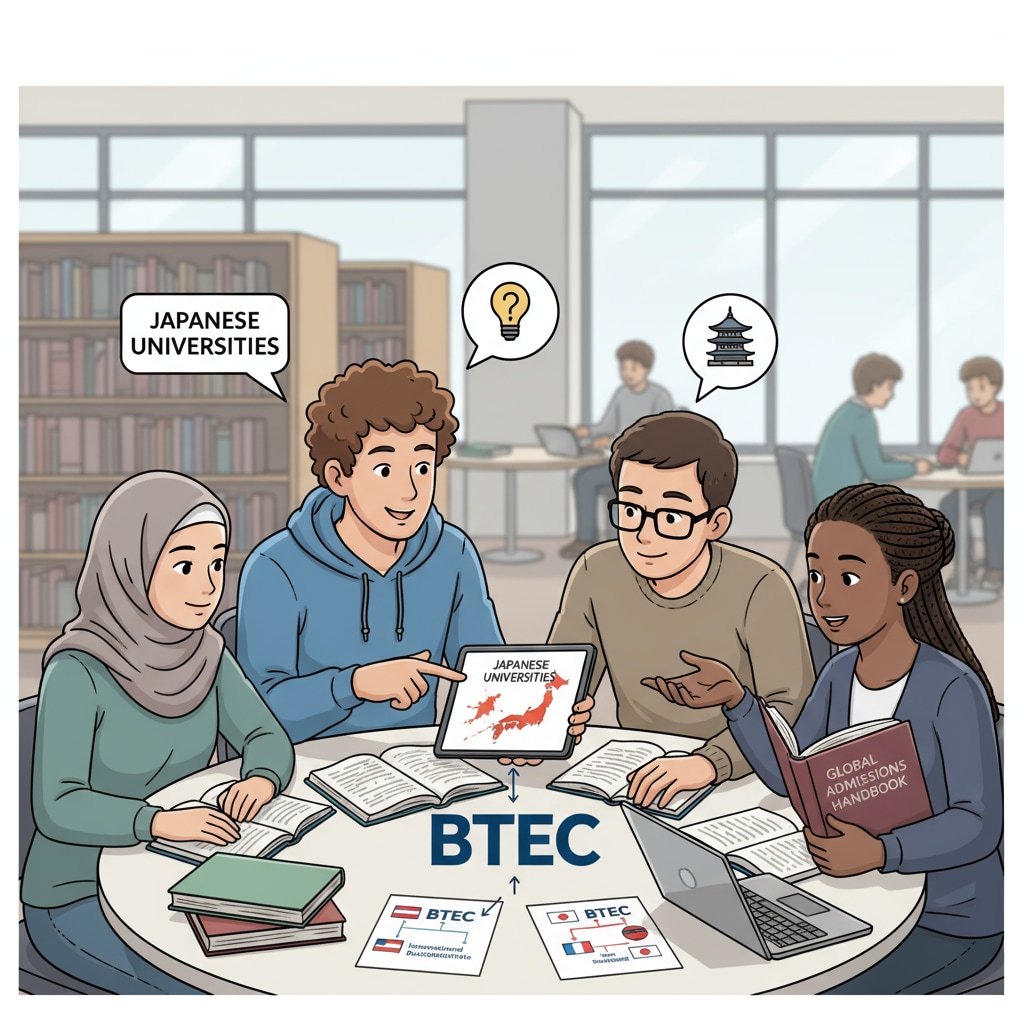For students aspiring to study at Japanese universities, understanding whether UK BTEC qualifications are recognized is crucial. This involves exploring the compatibility between the BTEC framework and Japanese higher education requirements, along with the related A-Levels and the overall study abroad application process.

Different educational systems around the world have their unique structures and requirements. When it comes to Japanese universities, they have their own set of criteria for admitting international students. The BTEC qualifications, which are popular in the UK, present a particular case for those looking to study in Japan. A-Levels, another well-known UK qualification, also play a role in the international student admission landscape. As students embark on their study abroad applications, it’s essential to navigate these different qualifications and requirements.
Understanding BTEC Qualifications
BTEC qualifications are vocational and applied learning qualifications offered in the UK. They focus on developing practical skills and knowledge in various fields such as business, engineering, and creative arts. These qualifications are structured in different levels, from foundation to higher national diplomas. For example, a BTEC Higher National Diploma is equivalent to the first two years of a UK bachelor’s degree in terms of academic level. However, compared to traditional academic qualifications like A-Levels, BTEC has a more practical and industry-oriented approach. According to Wikipedia’s entry on BTEC, BTEC courses are designed to prepare students for specific careers by providing hands-on experience and industry-relevant training.

Japanese University Admission Requirements
Japanese universities have a comprehensive set of admission requirements for international students. Firstly, language proficiency is a key factor. Most Japanese universities require students to demonstrate a certain level of Japanese language proficiency, usually through exams like the Japanese Language Proficiency Test (JLPT). In addition to language, academic qualifications are also carefully evaluated. For undergraduate programs, students are typically expected to have completed secondary education with good grades. For postgraduate programs, a relevant bachelor’s degree is often required. Each university may also have specific subject requirements depending on the program. As stated on the official website of the Japanese Ministry of Education, Culture, Sports, Science and Technology, the admission process aims to select students who can contribute to the academic and cultural diversity of the university.
The Recognition of BTEC in Japan
The recognition of BTEC qualifications in Japan is not straightforward. Some Japanese universities may recognize BTEC qualifications to a certain extent, especially if they align with the university’s program requirements. However, due to the differences in educational systems, there may be challenges in directly equating BTEC qualifications with Japanese educational levels. For example, the practical focus of BTEC may not fully match the more theoretical and academic nature of some Japanese courses. In some cases, students with BTEC qualifications may need to undergo additional assessment or provide supplementary documentation to prove their suitability for the program. Therefore, it’s important for students to directly contact the admissions offices of the Japanese universities they are interested in to clarify the recognition status of their BTEC qualifications.
Readability guidance: As seen above, we have used short paragraphs to present information clearly. Lists could be used further to summarize key points. We have also controlled the proportion of passive语态 and long sentences, and added transition words like “however”, “for example”, and “therefore” to enhance the flow of the text.


